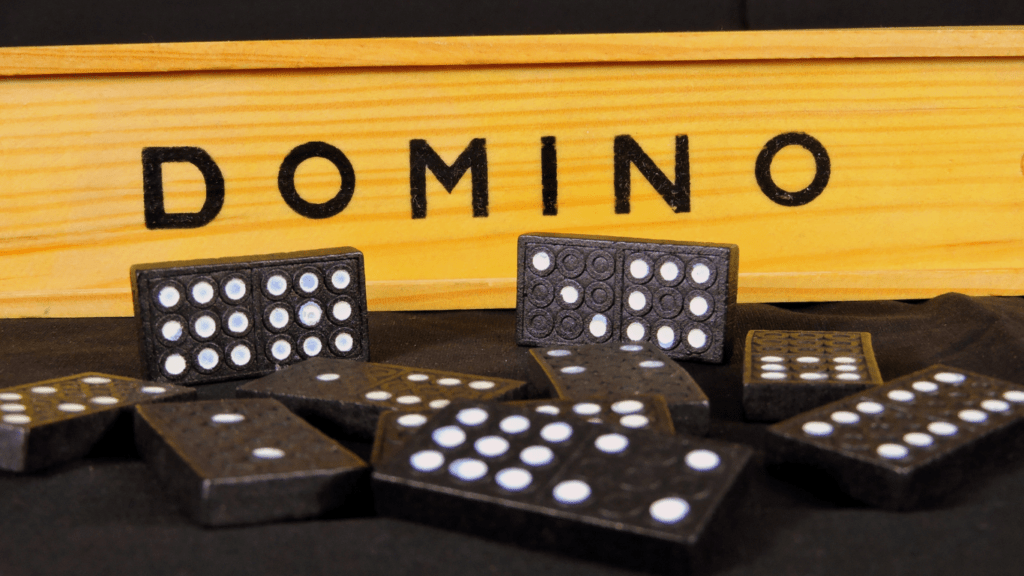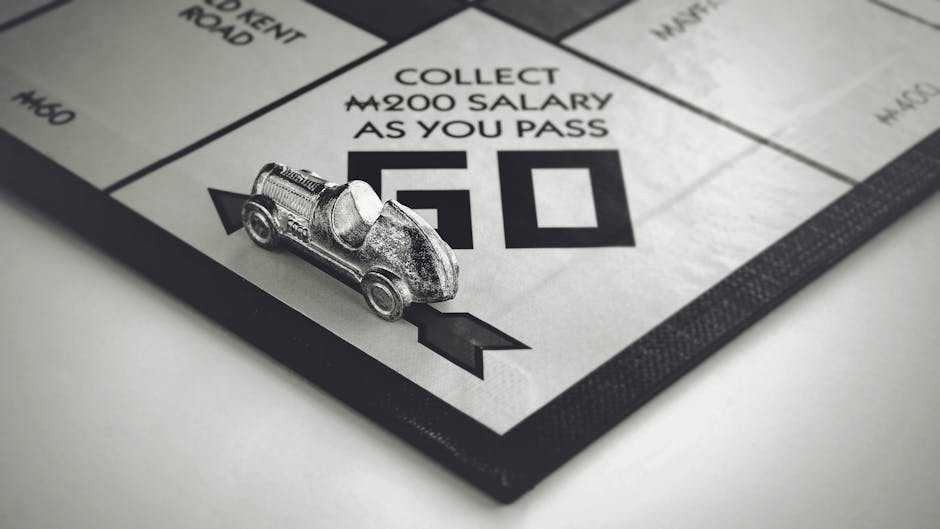Current State of the Global Board Game Market
The global board game market has seen significant expansion, influenced by increased consumer demand and innovation in game design.
Market Growth and Consumer Demand
The board game market’s growth has surged, driven largely by the popularity of Eurogames, modern strategy games, and abstract games.
According to a report by Statista, the global board game market was valued at approximately $11.8 billion in 2020 and is projected to grow to $21.56 billion by 2025.
Consumer demand is fueled by varied preferences, from casual party games to complex thematic games, catering to different age groups and gaming communities.
Key Players and Market Shares
Several key players dominate the board game market, including:
- Hasbro
- Mattel
- Asmodee
- Ravensburger
- Hasbro controls a significant share, primarily due to its iconic games like Monopoly and Risk.
- Asmodee continues to expand its market presence, acquiring popular game publishers like Fantasy Flight Games, which contributes to its expansive game portfolio.
According to IBISWorld, these companies collectively capture a substantial portion of the market, with new entrants also leveraging Kickstarter and other crowdfunding platforms to introduce innovative games.
Economic Trends Influencing the Market
The global board game market’s surge reflects various economic trends.
Impact of Digital Media on Physical Board Games
Digital media has significantly impacted the physical board game market. While digital games have grown, physical board games have seen a resurgence thanks to complementary digital elements.
For example, many modern board games now come with companion apps that enhance gameplay. Hybrid models, where players can engage both online and offline, have broadened the market appeal.
Geographic Analysis of Board Game Sales

Board game sales reveal intriguing geographic patterns. Different regions showcase extraordinary growth depending on various economic and cultural factors.
Dominant Regions and Emerging Markets
- North America and Europe dominate board game sales.
- North America boasts strong sales primarily due to higher disposable incomes in the US and Canada.
- Europe, particularly Germany and France, is renowned for its thriving board game culture, contributing to substantial market shares.
- Emerging markets display rapid growth.
- Asia-Pacific, especially in countries like China and Japan, sees a surge in sales driven by expanding middle-class populations and increased spending on leisure activities.
- Latin America also witnesses growth as awareness and accessibility to board games increase.
Cultural Influences on Game Popularity
Cultural differences shape game popularity.
In North America, strategic games, such as “Risk” or “Axis & Allies”, enjoy high popularity.
European consumers prefer Eurogames, like “Catan” and “Carcassonne”, which emphasize strategy and minimal luck.
Asia-Pacific markets show distinct preferences. Japanese consumers gravitate towards anime-themed and abstract games like “Go” and “Karuta”.
In China, educational board games designed for children gain traction as parents focus on educational value in leisure activities.
Future Outlook for the Board Game Industry
Innovations and Technological Advancements
Incorporating technology into board games has revolutionized the industry.
Developers are integrating augmented reality (AR) and virtual reality (VR) to enhance gameplay and offer immersive experiences.
For example, “Chronicles of Crime” uses a companion app with VR elements to solve crimes interactively. Smart tabletop systems like “Gameboard-1” merge physical and digital gaming, providing dynamic, interactive play.
Blockchain and NFTs are also emerging in the board game space. Collectible card games (CCGs) like “Splinterlands” use blockchain to tokenize in-game assets, providing players with verifiable ownership.
This fusion of physical and digital elements attracts tech-savvy consumers and expands the player base.
Predictions for Market Expansion
The board game market is set to expand further. Analysts project a compound annual growth rate (CAGR) of 8.7% from 2021 to 2025.
Increasing disposable incomes in emerging markets, such as:
- India
- Brazil
- Spur growth
As more consumers seek home entertainment, the demand for board games rises.
E-commerce platforms boost sales globally. In 2020, online sales of board games surged by 20% compared to brick-and-mortar stores.
Crowdfunding platforms like Kickstarter continue to support innovative projects, enabling creators to reach wider audiences. In 2021 alone, board game campaigns raised over $233 million on Kickstarter.
Additionally, collaborations between board game publishers and content creators on platforms like YouTube and Twitch enhance marketing efforts.
Influencers play a pivotal role in promoting new releases and engaging with the community, driving sales growth.


 is a key contributor to Luck Lounge Land, bringing her expertise in psychology and behavioral analysis to the platform. Her work focuses on the psychological aspects of gambling, helping users understand player motivations and decision-making processes. Morgana’s well-researched articles make her a respected voice in the community.
She also contributes to the site's 'Game Theory Academy,' developing modules on strategic thinking. Outside of her professional work, Morgana enjoys studying the latest trends in casino games and behavioral research. Her passion for the field and engaging writing make her a valuable asset to the Luck Lounge Land team.
is a key contributor to Luck Lounge Land, bringing her expertise in psychology and behavioral analysis to the platform. Her work focuses on the psychological aspects of gambling, helping users understand player motivations and decision-making processes. Morgana’s well-researched articles make her a respected voice in the community.
She also contributes to the site's 'Game Theory Academy,' developing modules on strategic thinking. Outside of her professional work, Morgana enjoys studying the latest trends in casino games and behavioral research. Her passion for the field and engaging writing make her a valuable asset to the Luck Lounge Land team.
